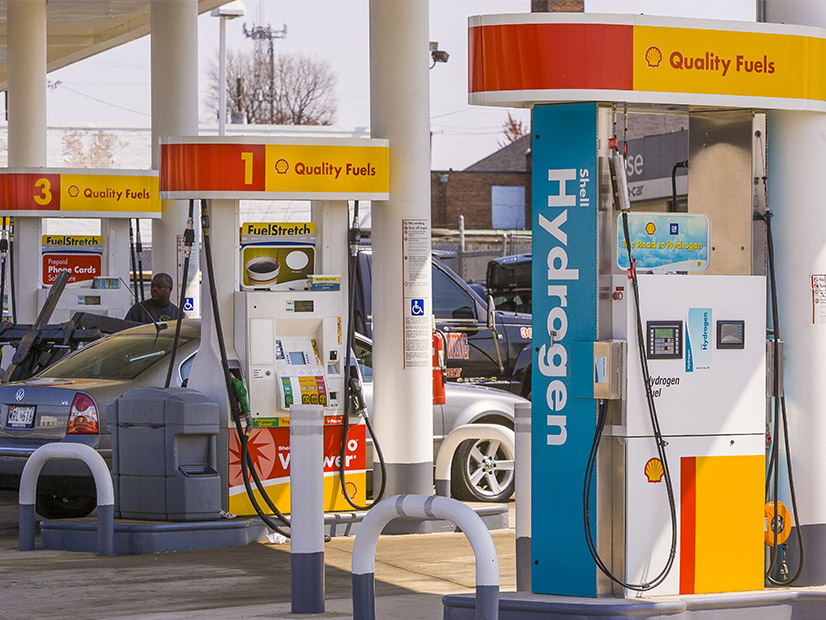New York lawmakers are working to establish a state clean fuel standard that encompasses indirect emissions in the production and distribution process, in addition to emissions from the fuel itself.
The policy is based on a low carbon fuel standard originally adopted in California in 2009 and amended in 2018.
“My entire 30-year career I’ve worked on decarbonization of the transportation fuel sector in one way or another, and the low carbon fuel standard was the first policy that actually successfully accomplished that goal,” said Eileen Tutt, executive director at the California Electric Transportation Coalition, at a webinar Thursday.
Electricity is considered a fuel in the language of the bill (A 862), which is intended to reduce “carbon intensity,” or amount of greenhouse gas emissions per unit of fuel energy over its lifecycle, by 20% by 2030. Further goals would be implemented based on advances in transportation technology in the next decade.
The standard is effective, Tutt said, because it “doesn’t mandate a particular fuel type, but rather an outcome” of transportation decarbonization.
Natural Resources Defense Council, which supports the standard, described it as complementary to and supportive of the multistate Transportation Climate Initiative program. New York is monitoring that program but has not agreed to join it officially. The state’s Climate Action Council transportation advisory panel recently recommended to the full council that New York join TCI-P to help fund regulatory changes for vehicle electrification. TCI-P would cap and reduce transportation emissions 25% by 2030. (See New York Should Join TCI-P, Climate Council Says.)
One of the most controversial aspects of the Clean Fuel Standard in California and proposed in the New York bill is the indirect emissions calculations. They include land use changes caused during generation or extraction, throughout distribution and delivery and during the final use of the fuel by the customer.
“If you derive your fuel from something like palm oil that destroys the planet, it does not generate credit,” Tutt said.
The regulation also impacts the ethanol industry. Depending on how ethanol is produced, the carbon intensity can be higher than that of oil.
Under the clean fuel standard, fuel providers that exceed specific standards to be determined by the New York State Energy Research and Development Authority would receive credits that can be applied to future emission reduction obligations. The credits also could be traded to other providers that are not meeting the standard.
“It has caused the oil industry to really wage war against the low carbon fuel standard in California and other states because it recognizes you can’t just shift to another carbon-based fuel manufacturer or import oil,” Tutt said.
The bill would require all fuel industries, including electricity, to consider the upstream emissions associated with the alternative fuel. Electric utilities would be encouraged to garner clean and renewable sources of electricity generation, but the bill also leaves room for the growth of hydrogen fuel cell vehicles, Tutt added.
Groups such as the Alliance for Clean Energy New York and New Yorkers for Clean Power are advocating in support of the bill and hosted the webinar where Tutt addressed the New York legislation.
After passing the bill, the next step would be to build out vehicle charging infrastructure, Tutt said, to help accelerate consumer adoption of electric vehicles.




